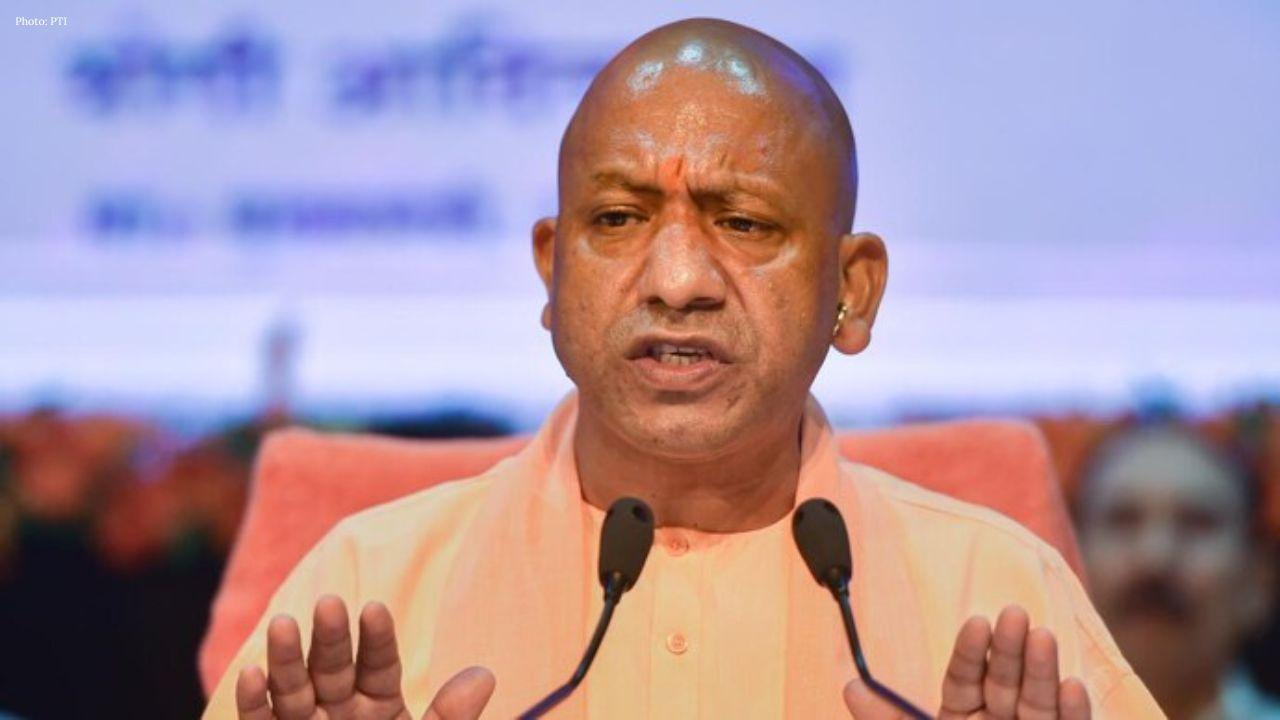You have not yet added any article to your bookmarks!

Join 10k+ people to get notified about new posts, news and tips.
Do not worry we don't spam!

Post by : Anis Farhan
In 2025, Malaysia stands at a democratic crossroads. The country’s Parliament is locked in a fierce debate over whether to fully implement “Undi18”—the constitutional amendment that lowered the voting age from 21 to 18, passed in 2019 but only partially activated since the 2022 general elections.
While the legal groundwork has been laid, full administrative readiness—including automatic registration, civic education reforms, and constituency redraws—has lagged behind. With the next general election expected by late 2026, the urgency to finalize the rollout has reignited a public discourse on the role of young voters in national governance.
As the demographic tide shifts—with nearly 7.8 million Malaysians aged 18–24 now eligible to vote—the real question is no longer whether the youth deserve the vote, but whether the political system is ready to include them meaningfully.
“Undi18” (Malay for “Vote18”) was unanimously passed by both houses of Parliament in July 2019, marking a rare moment of bipartisan agreement. It lowered the minimum voting age from 21 to 18 and introduced automatic voter registration, bringing Malaysia in line with global democratic norms.
However, implementation faced repeated delays. The Election Commission cited COVID-19 and system readiness issues. Civil society groups like Bersih 2.0 and Undi18 Movement accused the government of dragging its feet for political gain, fearing a more unpredictable youth vote.
By 2022, partial implementation occurred: 18–20-year-olds could vote, but automatic registration and electoral education were still inconsistently applied. Now, in 2025, the debate has turned to what meaningful youth participation actually looks like—beyond mere access to a ballot.
Malaysia has one of the youngest populations in Southeast Asia. As of mid-2025:
Over 48% of eligible voters are below the age of 35
The 18–24 demographic makes up nearly 16% of the total electorate
More than 2 million voters aged 18–20 are newly registered since 2022
Political analysts say this demographic could swing up to 40 parliamentary seats—enough to shape coalition dynamics. Youth voters tend to prioritize issues like climate change, cost of living, education access, and anti-corruption measures, often eschewing traditional party loyalties.
But turnout remains volatile. In the 2022 general election, only 58% of 18–24-year-olds voted, compared to 74% of those aged 35–54. Civic education remains patchy, and many youth voters say they feel unrepresented by existing parties.
Parties have responded with mixed strategies. The Pakatan Harapan coalition has embraced youth branding—fielding more young candidates, engaging on TikTok, and promising education debt relief.
Meanwhile, Barisan Nasional and Perikatan Nasional have leaned on conservative appeals—promising economic stability and religious values, while questioning the maturity of first-time voters.
Some MPs have openly criticized Undi18, suggesting 18-year-olds are “too young to decide a nation’s future.” Others propose a mandatory civic education curriculum in secondary schools before voting rights are exercised—a move critics view as gatekeeping.
Independent candidate groups and digital-first parties like MUDA (Malaysian United Democratic Alliance) argue this resistance is a symptom of deeper institutional discomfort with political disruption.
At the heart of the debate is a philosophical divide: should voting be earned through demonstrated knowledge, or is it an unqualified right of citizenship at adulthood?
Proponents of Undi18 argue that 18-year-olds can marry, work, pay taxes, and join the military—so denying them a vote is unjustified. Opponents counter that political awareness, not age, should guide franchise decisions.
The Ministry of Education has promised to expand its Civic Literacy Initiative in 2026, introducing mock elections, voter rights education, and national discourse training in Form 5 and Form 6 classes. But critics say the reforms are too slow and uneven across states.
In practice, youth political awareness is growing organically—through YouTube explainer videos, student activism, and viral content during parliamentary sessions. The digital public sphere, not the classroom, is now the real engine of civic learning.
Globally, Malaysia is part of a growing wave of democracies lowering the voting age:
Indonesia and Thailand allow voting at 17
The Philippines permits participation in youth councils at 15
Austria, Brazil, and Scotland have pioneered youth voting reforms tied to civic education programs
But implementation varies. Singapore has retained a strict 21+ voting age, citing political maturity concerns, while Japan lowered its voting age to 18 but saw minimal youth turnout.
Malaysia’s model—if fully realized—could become a case study in youth democratization in the Global South. But it hinges on real institutional commitment, not just performative reforms.
As Malaysia inches toward its next general election, youth turnout could be the X-factor. Political parties are now racing to decode Gen Z sentiment—on inflation, mental health, LGBTQ+ rights, and digital freedom.
But if young voters are only courted during campaigns and sidelined in governance, the backlash could be severe. Disillusionment is already evident, with online forums filled with complaints about tokenization and broken promises.
To avoid a future where the youth vote becomes a silent majority, Malaysia must choose: either empower this generation with genuine representation and policy ownership—or risk alienating the very citizens who hold its future in their hands.
This article is for editorial and informational use only. It does not constitute political or legal advice. All data and commentary reflect developments as of July 2025 and may evolve with future policy changes or political events.










Thai AirAsia Targets Growth Through China & Long-Haul Routes
Thai AirAsia aims 6-9% revenue growth in 2026 expanding domestic flights and new international route

India Ends Silent Observer Role Emerges Key Player in West Asia
From passive energy buyer to strategic partner India’s diplomacy in West Asia now commands trust inf

Indian Students Stuck In Iran Amid US-Iran Tensions And Exam Worries
Rising US-Iran tensions leave Indian students stranded, fearing missed exams could delay graduation

India Says J&K Budget Exceeds Pakistan’s IMF Bailout
India slammed Pakistan at UNHRC, stating J&K’s development budget exceeds Pakistan’s IMF bailout and

UP CM Holds Talks With Ex Japan Economy Minister in Tokyo
Yogi Adityanath met former Japan economy minister Nishimura Yasutoshi in Tokyo to boost UP-Japan coo

Hiroshima Teacher Arrested for Alleged Sexual Assault of Minor
A 37-year-old high school teacher in Hiroshima was arrested on suspicion of sexually assaulting a te